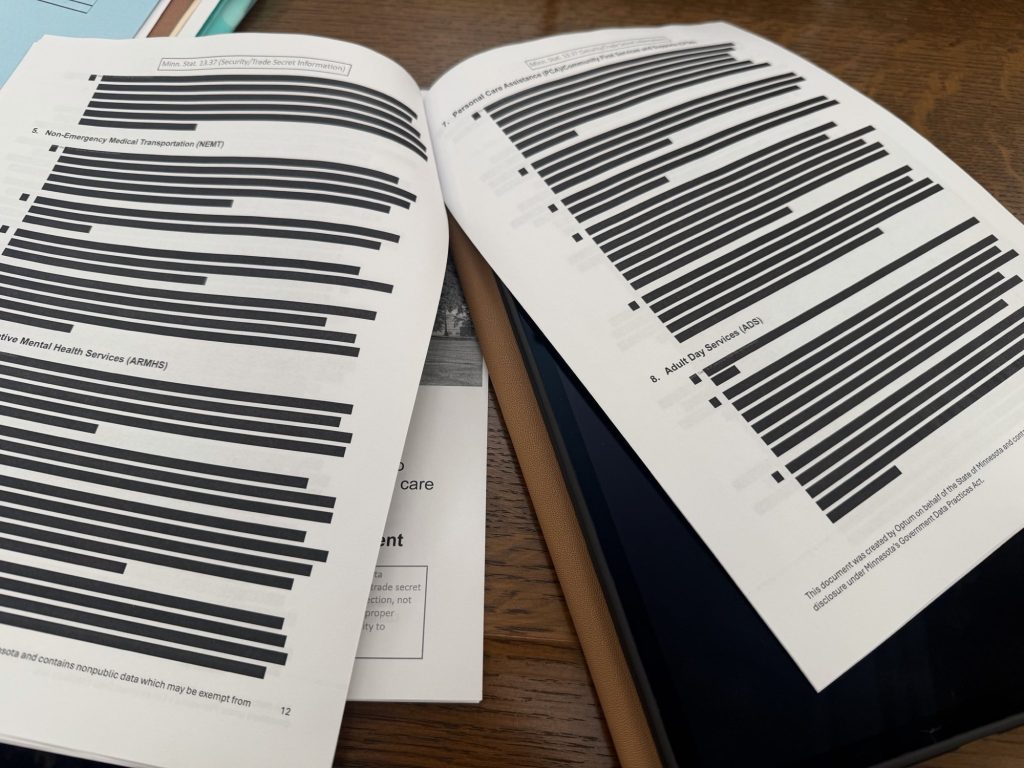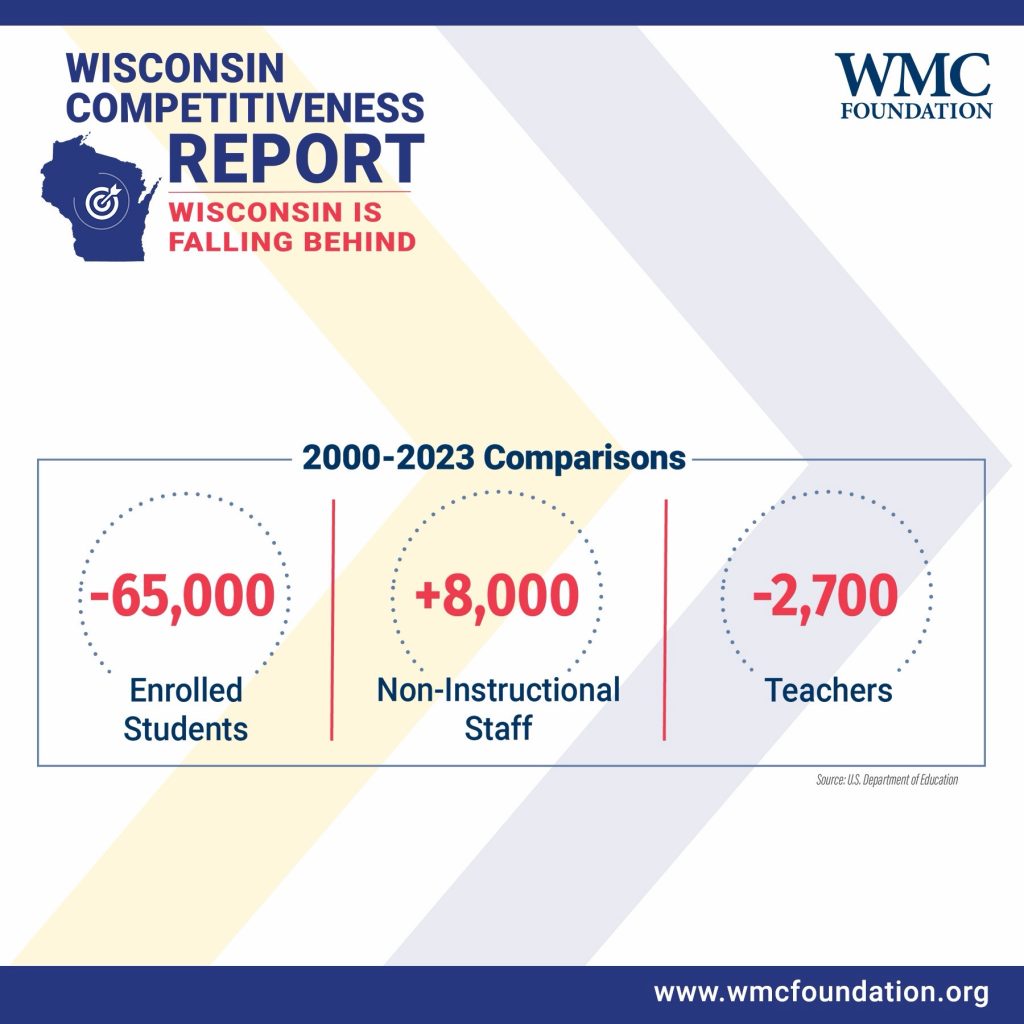A 2023 study of 19 teacher preparation programs in Massachusetts underscored the need for this requirement. That study, conducted by the National Council on Teacher Quality, gave grades of D or F to 15 of those 19 programs for their literacy training, while only 3 received an A or better. Several of the state’s largest teacher preparation programs, including at Boston University, Lesley University, and UMass Boston, were among the programs receiving failing or close-to-failing grades. (A number of teacher preparation programs refused to provide data to the council. And for a new report due in June, UMass Amherst claimed that its reading curricula was proprietary information, a view that was sharply questioned by the Commonwealth’s supervisor of public records, documents show.)
———
more.
———
1998! Money and school performance.
A.B.T.: “Ain’t been taught.”
8,897 (!) Madison 4k to 3rd grade students scored lower than 75% of the students in the national comparison group during the 2024-2025 school year.
Madison taxpayers have long supported far above average (now > $26,000 per student) K-12 tax & spending practices. This, despite long term, disastrous reading results.
Madison Schools: More $, No Accountability
The taxpayer funded Madison School District long used Reading Recovery…
The data clearly indicate that being able to read is not a requirement for graduation at (Madison) East, especially if you are black or Hispanic”
My Question to Wisconsin Governor Tony Evers on Teacher Mulligans and our Disastrous Reading Results
2017: West High Reading Interventionist Teacher’s Remarks to the School Board on Madison’s Disastrous Reading Results
Madison’s taxpayer supported K-12 school district, despite spending far more than most, has long tolerated disastrous reading results.
“An emphasis on adult employment”
Wisconsin Public Policy Forum Madison School District Report[PDF]
WEAC: $1.57 million for Four Wisconsin Senators
Friday Afternoon Veto: Governor Evers Rejects AB446/SB454; an effort to address our long term, disastrous reading results
Booked, but can’t read (Madison): functional literacy, National citizenship and the new face of Dred Scott in the age of mass incarceration.
When A Stands for Average: Students at the UW-Madison School of Education Receive Sky-High Grades. How Smart is That?
Legislative Letter to Jill Underly on Wisconsin Literacy






